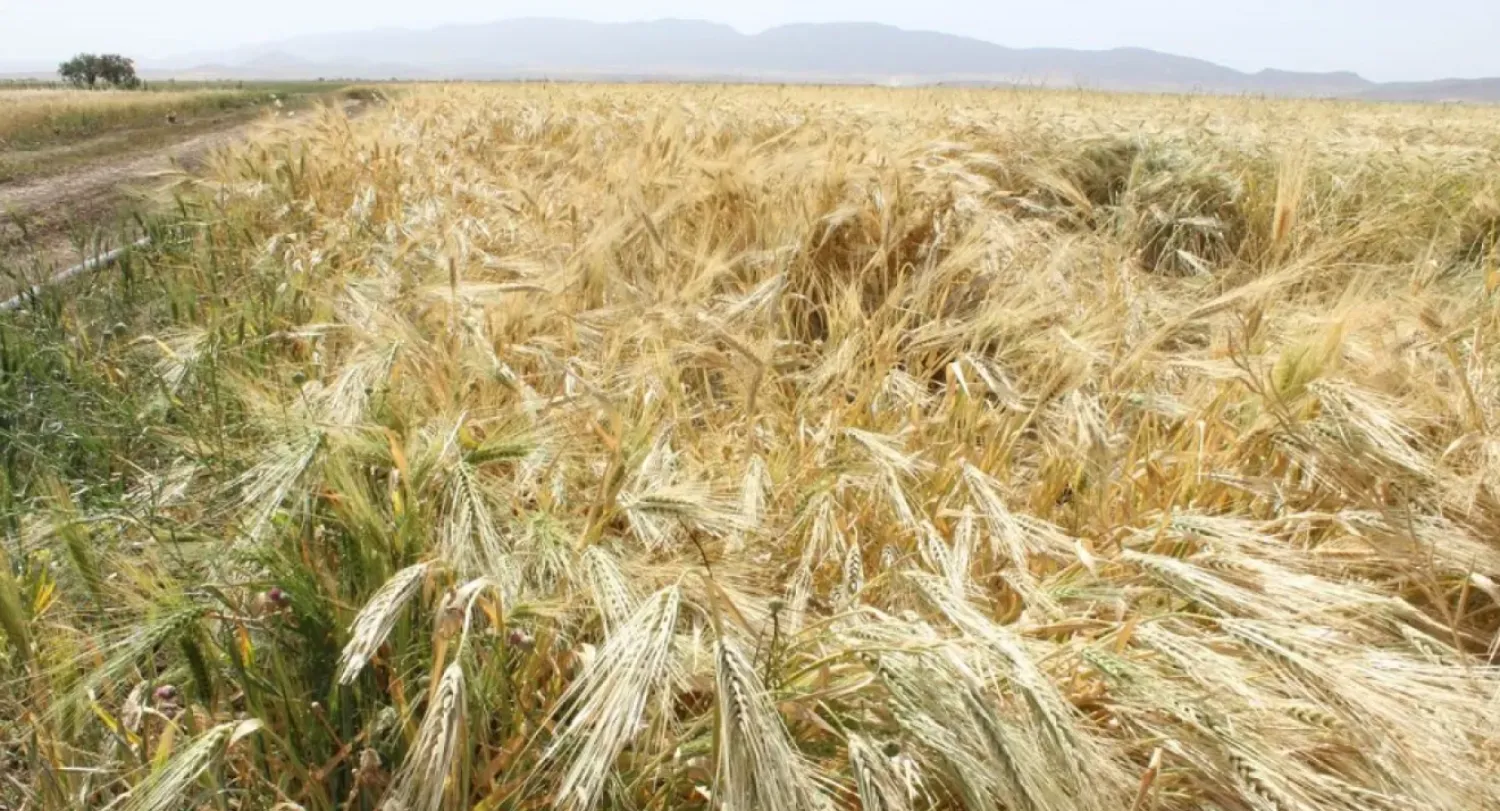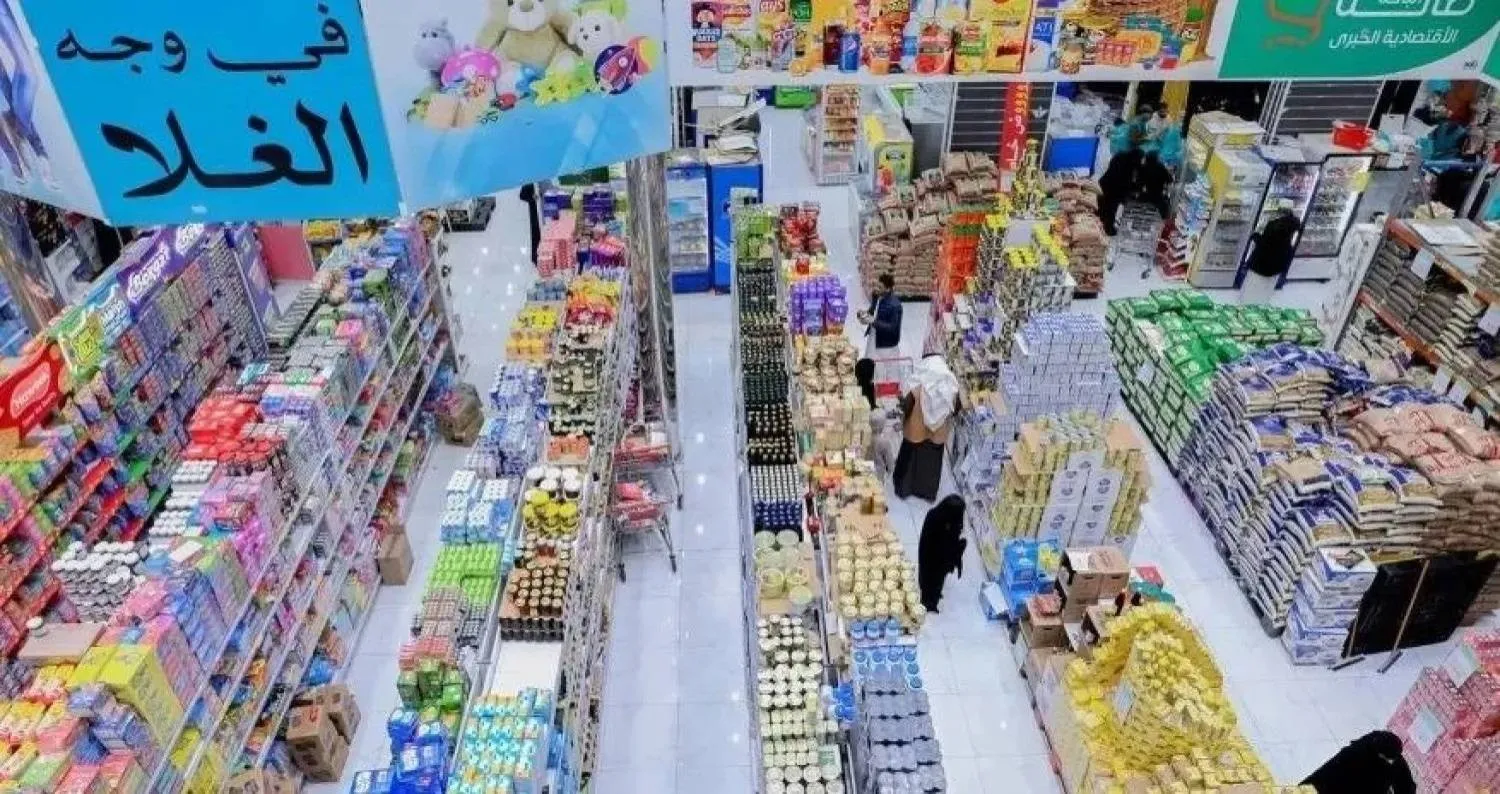The Saudi Central Bank (SAMA) announced opening a public consultation on the draft implementing regulation of payments and payment services law.
In the interest of transparency and broader participation, SAMA invites stakeholders and the public to provide suggestions and observations on the draft by visiting the Public Consultation Platform (Istitlaa) affiliated with the National Competitiveness Center.
According to the new project, which Asharq Al-Awsat reviewed, SAMA will monitor the payment service providers and their system operators to assess their commitment, including monitoring and examining suspected system violations and regulations and any instructions decisions and circulars.
The Central Bank encourages fair competition in the sector between licensees to serve members and users of payment services.
Under the executive regulations for the payment system and its services, SAMA may exercise its supervisory functions by conducting inspection visits to the licensee's headquarters, branches, and agents.
Licensees must submit periodic statements and reports and quarterly financial statements and include any information specified by the Central Bank, noting that an external auditor will review them.
Under the new project, the licensee is obligated to submit the audited annual financial statements within the first two months of the end of the fiscal year.
The Central Bank may amend a request to complete the list and contents of the reports required to be submitted and appoint an external auditor to review a specified scope of its operations and submit a direct report.
The regulation will include terms to protect customers and encourage competition so that service providers adhere to the principles of financial inclusion issued by the Central Bank.
Principles of justice and transparency must be verified to ensure participation in the systems.
The Central Bank shall encourage fair competition in the sector between licensees to serve members and users of payment services.
The regulatory function is part of SAMA's oversight role under the authority vested in SAMA, as mentioned in Articles 7 and 18 of the payments and payment services law.
The Implementing regulation aims at reinforcing commitment to relevant international principles and standards, enabling SAMA to exercise its powers.
In addition, the regulation would help contribute to the growth of the sector and attract new investors for achieving one of the Vision 2030 objectives of the Financial Sector Development Program (FSDP).
Contributors are expected to provide their input on the draft within 20 days from this publication to enable SAMA to assess its relevance in finalizing the text. The draft is available on the Public Consultation Platform.









